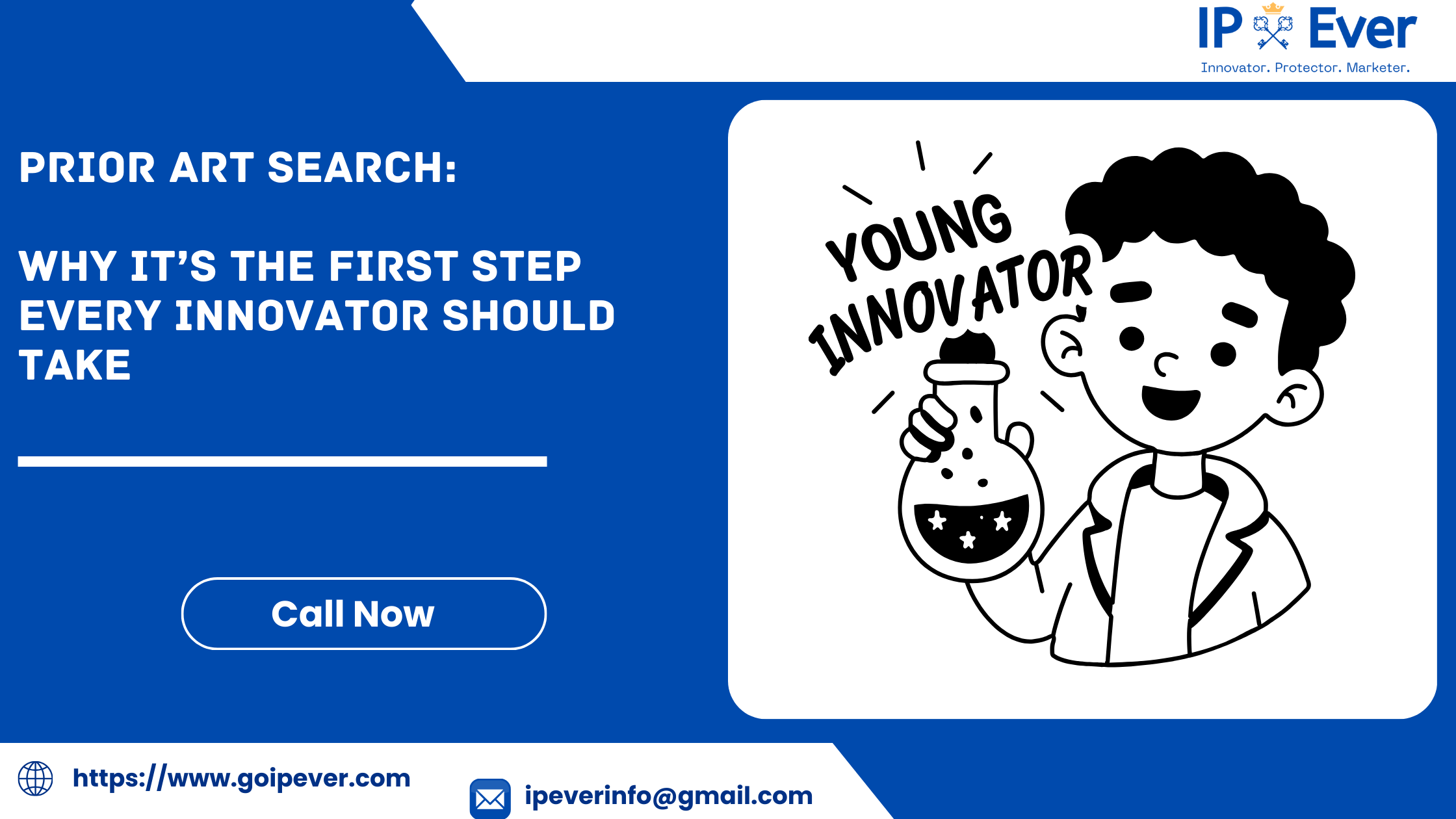AI and IP Rights
AI and IP Rights: Global Approaches and India’s Policy Landscape
Artificial Intelligence is reshaping the innovation ecosystem—and patent offices worldwide are navigating how to regulate filings without compromising invention quality or fairness.
Global Insights
- IP5 Offices (USPTO, EPO, JPO, KIPO, CNIPA)1
Across the IP5 jurisdictions, AI cannot be designated as an inventor; only natural persons qualify. However, AI is acknowledged as a vital assistive tool in patent drafting and analysis. Inventorship must reflect human contribution.
- United States (USPTO)2
The USPTO permits AI-assisted inventions, provided a natural inventor is identified and claims demonstrate a concrete technical application beyond abstract ideas.
- Europe (EPO)2
EPO guidelines require AI-involved inventions to show a clear technical character or effect—AI alone is seen as a mathematical method and is not patentable.
India’s Perspective
- Draft CRI (Computer Related Inventions) Guidelines — March 20253
India’s Patent Office released revised guidelines to clarify AI/ML/CRI patentability. The updated framework explains how AI-assisted inventions can be evaluated under Section 3(k), emphasizing novelty, inventive step, industrial applicability, and detailed technical disclosure.
- The guidelines demand inventors clearly articulate the technical problem addressed and the technical solution provided, such as algorithmic performance improvements or system-level enhancements, moving beyond code alone.
- Scholars observing Section 3(k) jurisprudence note enduring inconsistencies, especially in how “technical contribution” is interpreted—highlighting the need for clarity in examination practices.
Conclusion
While AI is rapidly becoming an essential drafting and analysis tool, human oversight remains central to patent validity. Patent systems worldwide—especially in India—are evolving to ensure innovators benefit from AI without compromising legal clarity and enforcement standards.
Reference:
- https://www.solveintelligence.com/blog/post/international-patent-office-guidance-on-artificial-intelligence-inventions
- https://www.reuters.com/legal/legalindustry/patenting-generative-ai-technologies-opportunities-challenges-2024-11-11/
- https://ipindia.gov.in/writereaddata/Portal/Images/pdf/Draft_CRI_Guidelines_Publication_March2025.pdf

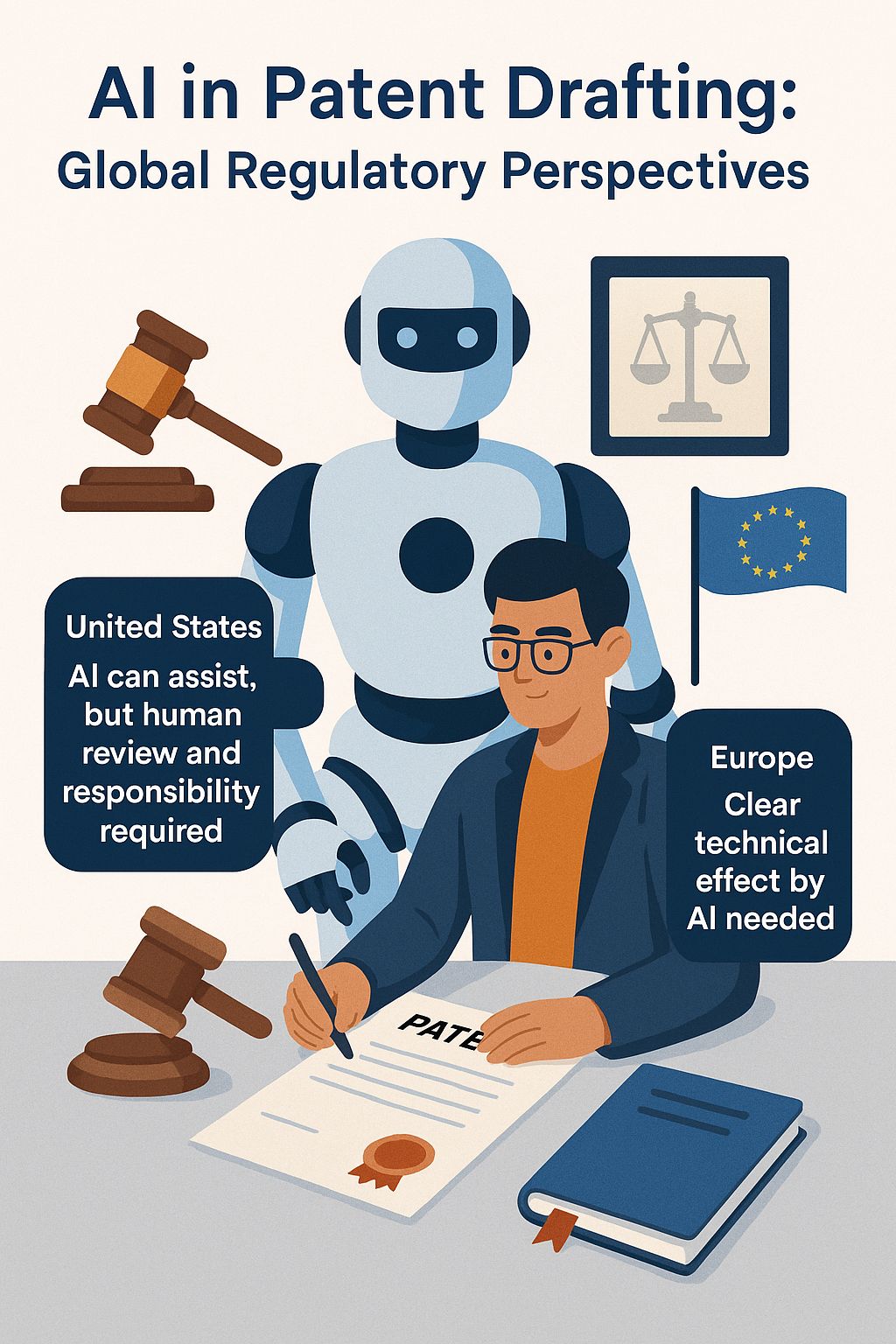
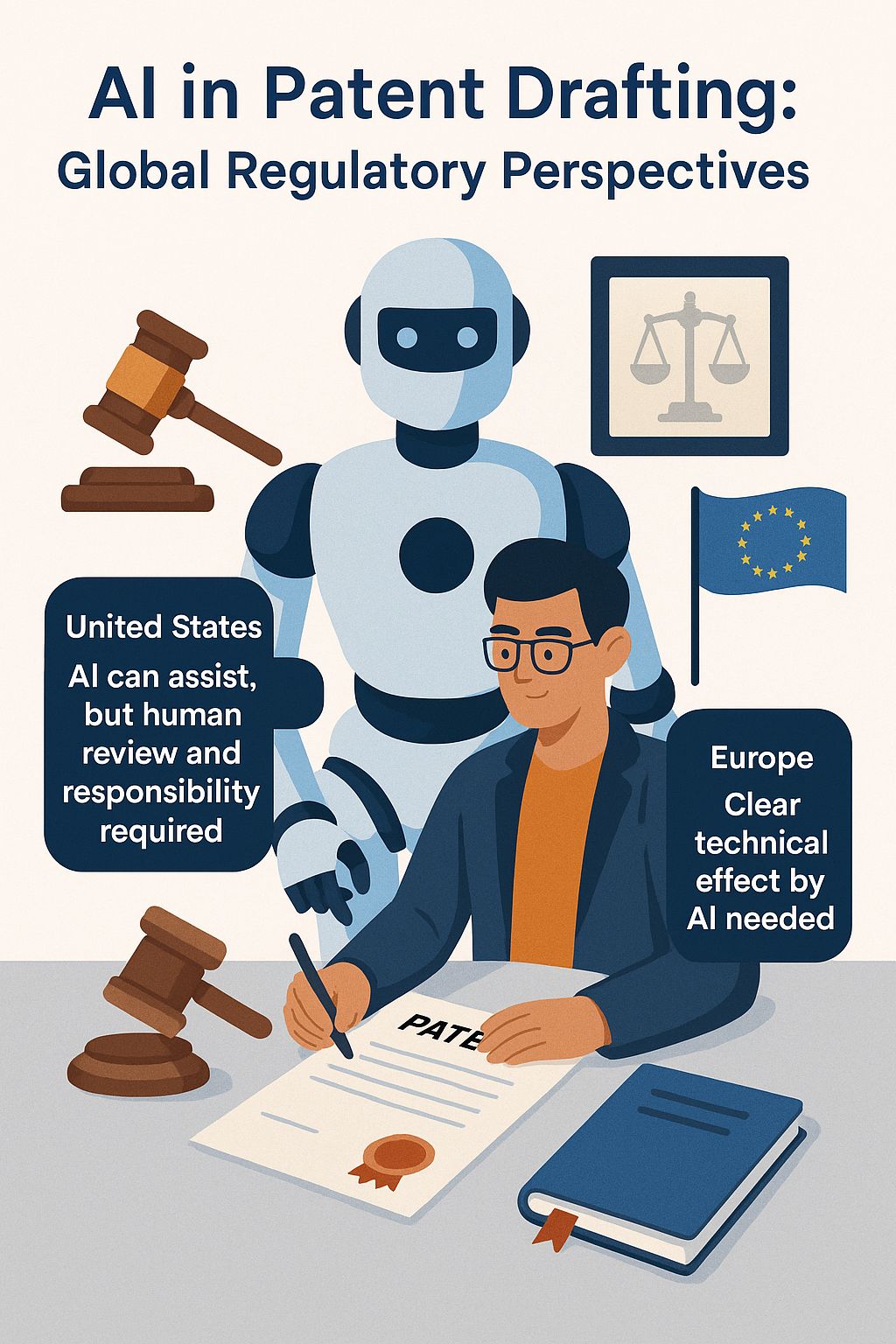

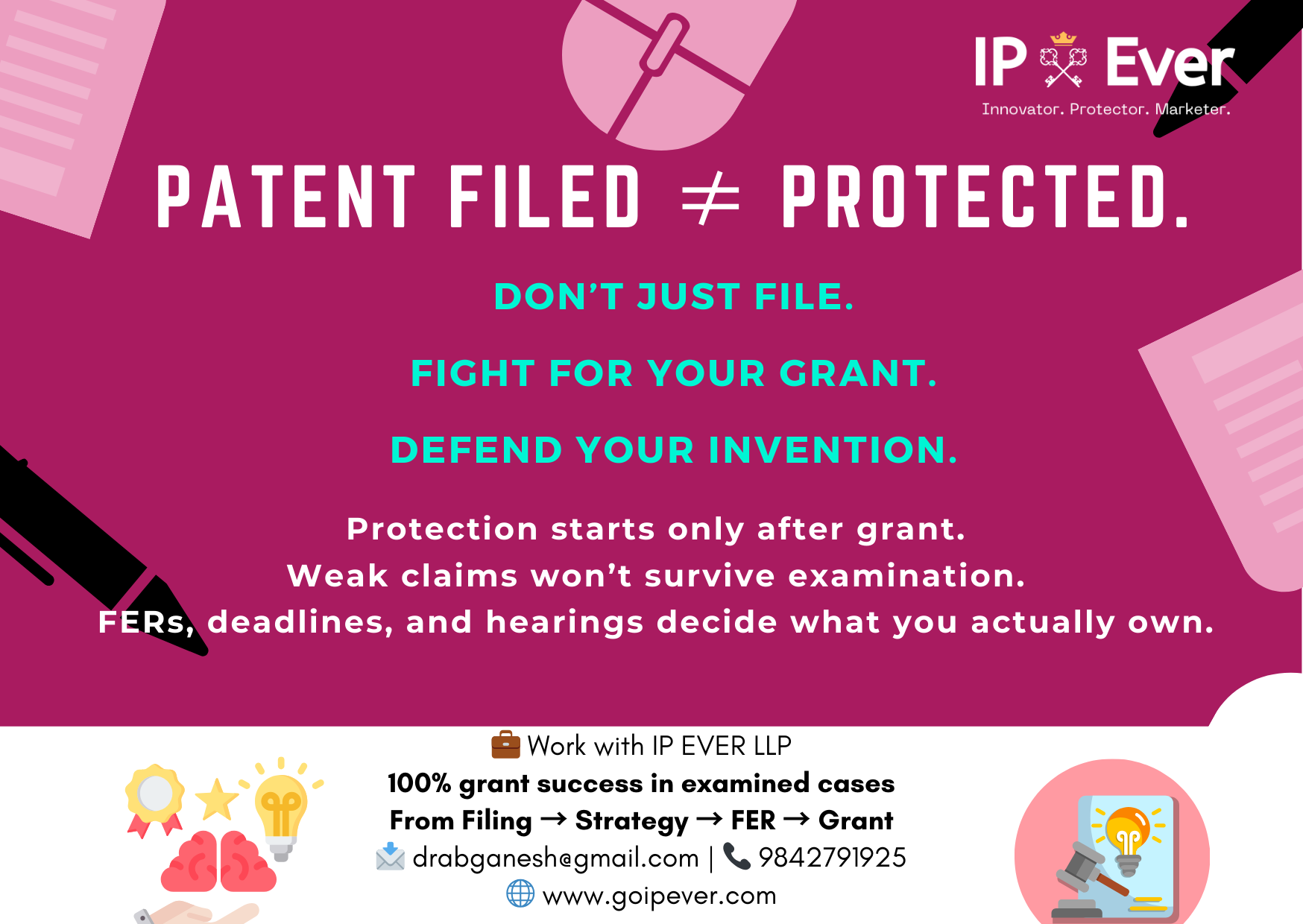
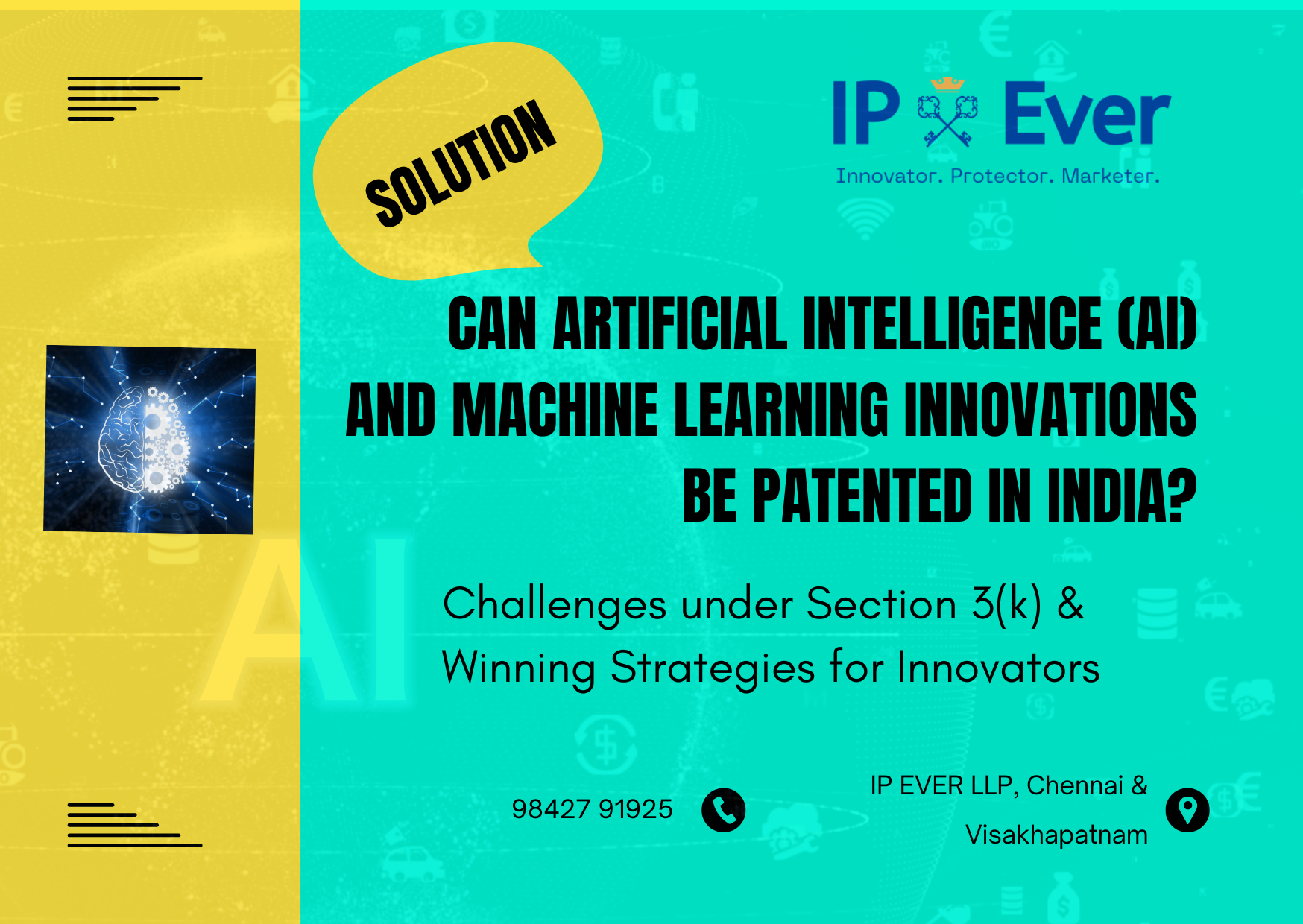
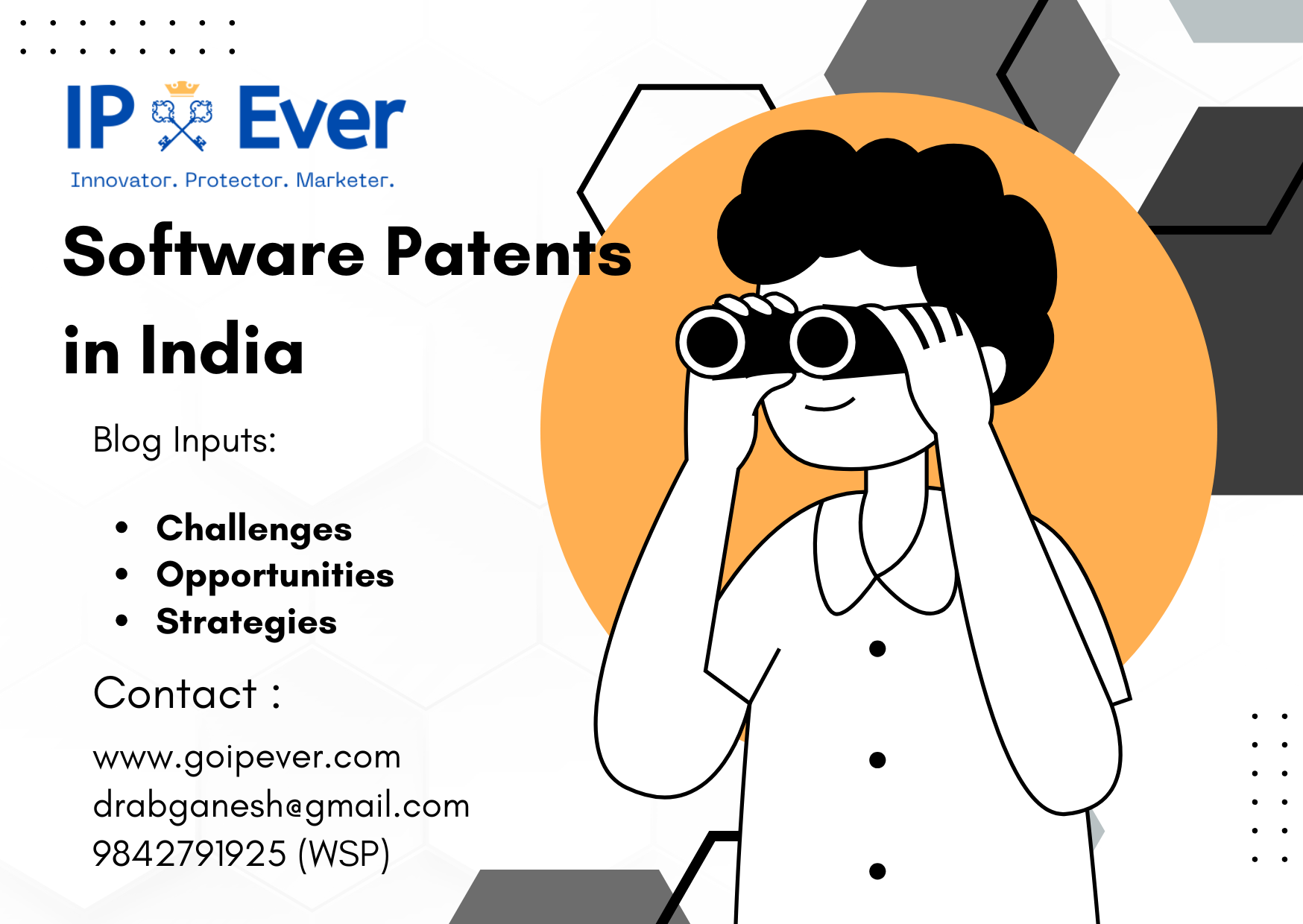
.png)
.png)
.png)
.png)
.png)
.png)
.png)
.png)
.png)
.png)
.png)
.png)
